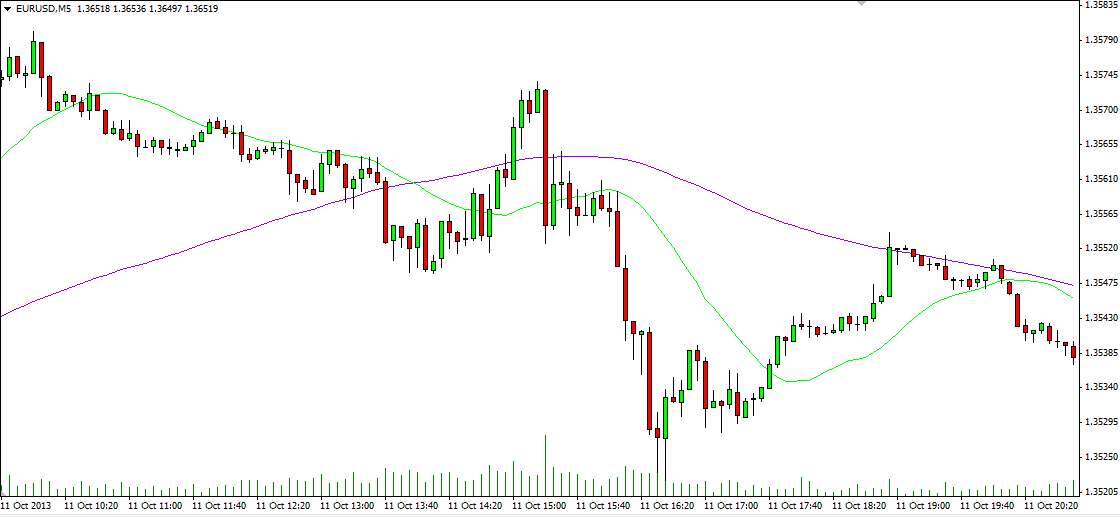Economic Sentiment
This lesson will cover the following
- Why does sentiment matter?
- Consumer Confidence
- How does it affect Forex trading?
- University of Michigan Confidence
- ZEW Economic Sentiment
Business, or economic sentiment is measured by indicators which reflect the optimism or pessimism that business managers or households feel about the prospects of economic conditions in a country or region. It also provides an overview of how people foresee the economy. Three of the most important economic sentiment indicators will be discussed in this article.
Consumer Confidence
The Conference Board research group publishes this indicator on a monthly basis. Consumer Confidence represents a composite index, based on results of a survey encompassing almost 5,000 households in the United States. Participants are asked about the current and future economic conditions in the country, business conditions and the availability of work opportunities.
Consumer Confidence gauges optimism over economic conditions in terms of the average consumer in the United States. Traders, who use fundamental analysis, look at the confidence index readings in an attempt to determine the probability of an increased consumer spending. This is so, because as we already said earlier in the guide, consumer spending is indicative of economic growth pace in the future.
On the other hand, Forex traders, smaller business circles, huge transnational organizations, including banks, manufacturers, retailers, and the United States government monitor the results of the survey on confidence in order to base their decisions concerning production, interest rates, lending rates and tax policies.
How does it affect Forex trading?
The survey on consumer confidence belongs to the group of economic indicators, which measure financial confidence among consumers. The more confidence in economic conditions consumers have, the more inclined they will be to spend money, which in turn stimulates the economy.
Although Consumer Confidence is measured and reported in other countries, affecting their local currencies, the U.S. CB Consumer Confidence influences the most fundamental analysis of the Forex market, primarily because of its influence on the U.S. dollar. On its part, the greenback has a status of worldwide reserve currency and is presented in most of the currency pairs.
Better than projected survey results usually signal that optimism among consumers has strengthened, while this may lead to higher spending in the country. These better results tend to provide support to the US dollar against its peers worldwide.
However, a lower than initially expected reading of the index tends to mount selling pressure on the US dollar, because it implies possible economic weakness in the future, due to lower consumer spending (as confidence among consumers has weakened).
In addition to what we said, the consumer confidence provides clues as to how the public would estimate their ability to obtain employment and how their income would be spent. In case the indicator tends to decrease, this may suggest that consumers would abstain from making huge and expensive purchases, which on the other hand, could deliver a hit on manufacturers of luxury or expensive goods, such as, say automobiles.
Banks and governments could also be affected by reduced confidence. Lending activity may diminish and the number of mortgage applications may drop. Central banks may be forced to cut their benchmark interest rates, while governments may be forced to propose tax rebates in order to spur economic activity.
University of Michigan Confidence
Assesses consumer confidence regarding personal finances, business conditions and purchasing power based on hundreds of telephone surveys. Especially valued for its quick turnaround, the University of Michigan Confidence survey is considered one of the most important indicators of US consumer sentiment. The survey polls a smaller sample of consumers and is less established than the Conference Board Consumer Confidence Index.
Declining consumer confidence levels usually accompany any decline in income or wages and precede drops in consumer spending. A low or falling sentiment value is considered an early indicator of an economic downturn. As a result, investors, retailers and traders alike all watch the figure for insight into the general health of the economy.
Michigan Confidence (Preliminary)
The University releases an early assessment called Preliminary Michigan Confidence. This preliminary figure incorporates approximately 60% of responses that are included in the final figure, and is revised at the end of the month. The preliminary results are not intended for wide release but are regularly leaked to the press and often available to the financial community.
The following graph visualizes the effect of Michigan Confidence data release on EUR/USD pair. As you can see the release at 13:55 GMT triggers an upward movement which means the USD is depreciating because of disappointing Michigan Confidence data of 75.2 compared to an estimated value of 77.
Source: MetaTrader 4 by MetaQuotes Software Corp.
ZEW Economic Sentiment
A monthly economic survey. The ZEW Economic Sentiment is a compilation of the sentiments of approximately 350 economists and analysts regarding the economic future of Germany for the next six months. The survey shows the balance between those analysts who are optimistic about Germanys economic future and those who are not.
ZEW Economic Sentiment covers the economic expectations for several other countries as well. It includes analyst opinions for the Eurozone, France, Italy, Japan, Great Britain and the US. An index value greater than zero indicates optimism while a value below zero indicates pessimism.
